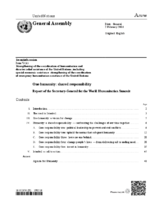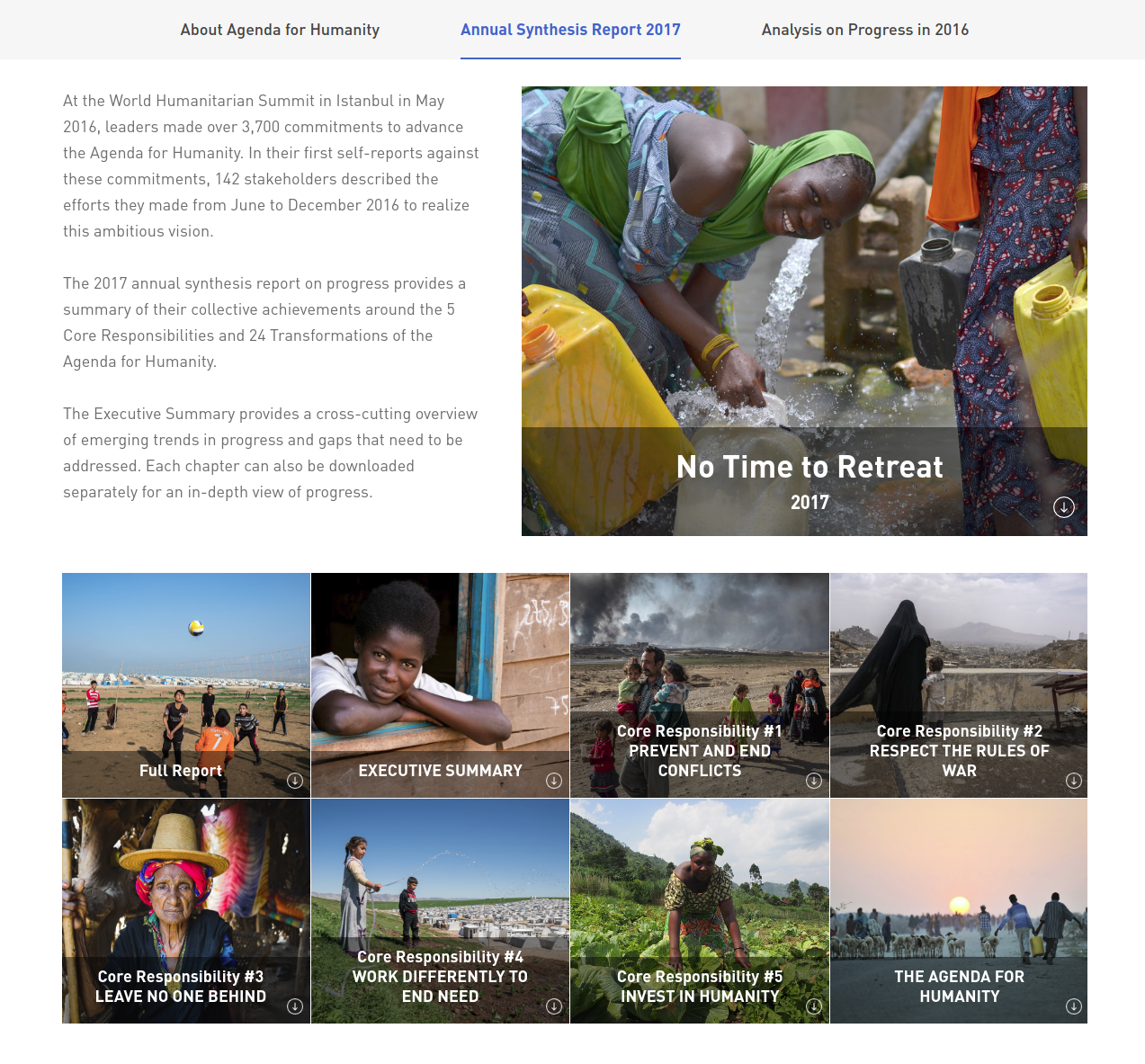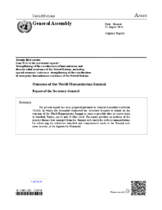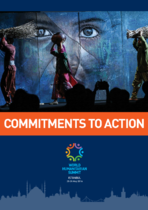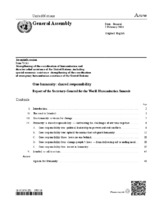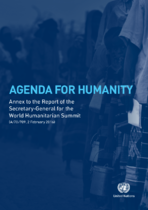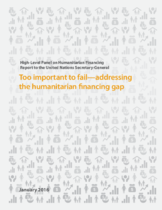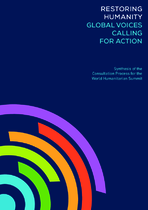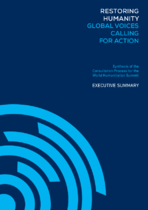Commiting to change
At the World Humanitarian Summit in Istanbul in May 2016, 9,000 representatives from Member States, non-governmental organizations, civil society, people affected by crises, the private sector and international organizations came together and made over 3,700 commitments to deliver on the ambitious changes called for in the Agenda for Humanity. At the request of the Secretary-General, the online Platform for Action, Commitments and Transformations (PACT), was created to house the commitments and provide a hub for transparency, mutual accountability and voluntary progress reporting.
The PACT currently reflects all the commitments that were received in writing before, during or following the Summit. Two types of commitments were gathered.
About the Individual and Joint Commitments
Participants at the Summit were invited to make their own commitments in support of the Agenda for Humanity and its five Core Responsibilities. The commitments could be made individually or together with other stakeholders, and could be advocacy, policy, contribution, partnership, training, operational, capacity or financial in nature. The individual and joint commitments have been classified according to the 5 Core Responsibilities and 24 transformations of the Agenda for Humanity.
Explore the individual and joint commitments that stakeholders made during the World Humanitarian Summit.
See CommitmentsAbout the Core Commitments
At the World Humanitarian Summit, participants attended 7 thematic roundtables focusing on key issues needed to achieve change. For each roundtable, a set of core commitments were developed representing the key components needed to achieve the implementation of the Agenda for Humanity. Participants at the Summit were invited to align themselves with the Core Commitments to show their support for these changes.
Read more about the core commitments and explore stakeholder alignments.
See Commitments
